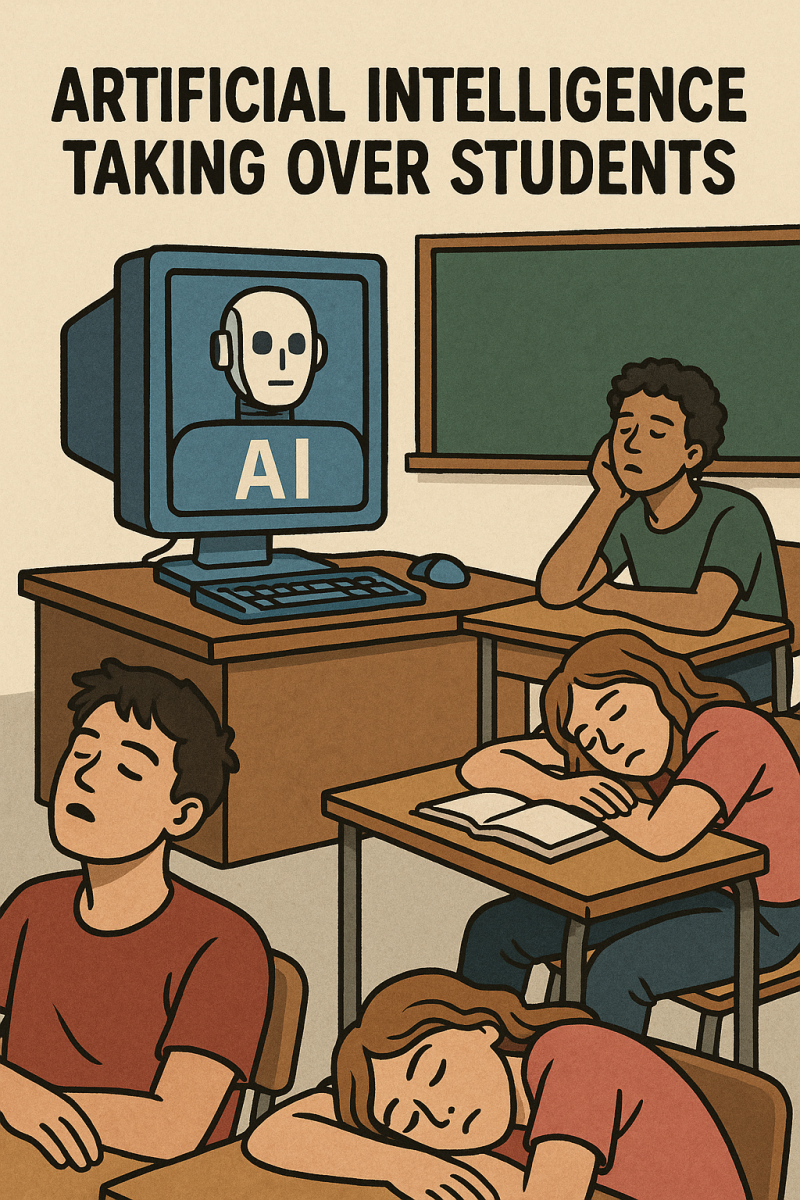Whether they are principals, teachers, parents, or even the students themselves, teachers have to be careful and aware of what they educate students on and the language they use. One example is politics. Teachers must be careful not to pick sides but still educate students on controversial issues.
Education should encourage students to think outside of the box, question the topic(s), and beliefs, and engage in conversations during class that may be challenging. Teachers are responsible for exposing students to different perspectives, even if they are challenging some students’ beliefs, religion, or identity. Avoiding offensive ideas can limit the learning and growth of a student during the educational instruction that a teacher is trying to provide. School curriculums are meant to teach children about a wide variety of topics that may be directed towards different religious beliefs or identities, even if some students or students’ families are opposed to this or find it uncomfortable with their personal beliefs.
An example of teacher free speech comes from the case involving Marvin Pickering, a teacher that the Supreme Court ruled in favor of. (According to the New York Times article “10 Supreme Court Cases Every Teen Should Know, the Supreme Court ruled: If a public employee speaks on a matter of public concern, their speech is protected unless it significantly disrupts workplace efficiency. Since Pickering’s letter criticized the school board’s allocation of funds between academics and athletics, the school board proceeded to fire him. This addressed public interest and concern without disrupting the school operations, the Court found his firing unconstitutional. The impact of this case is that employees’ speech is protected, establishing that they do not forfeit their First Amendment rights when speaking as private citizens on public matters, although the case was later refined.
Another case involved Richard Ceballos. According to the New York Times article “10 Supreme Court Cases Every Teen Should Know, a prosecutor wrote an internal memo questioning the validity of a search warrant and claimed his supervisors went against his memo by resigning and denying it. The court ruled against Ceballos; this decision specifically narrowed down the First Amendment protections for public employees, limiting speech protections to statements made outside their official job responsibilities.
The focus in education should be creating an environment where students are exposed to a broad range of ideas while ensuring that discussions are handled professionally and respectfully. Teachers are not just authority figures providing facts but also guides in helping students develop critical thinking and understanding of complex, often controversial, issues.
By insisting that teachers avoid the risk of offending or speaking about any topics that may offend a student’s religion, race, or gender, school boards and school administrators run into the risk of creating an environment where students are not exposed to the realities of the world, which may be damaging in the long run. The goal of education is not to shy students away from ideas that might challenge their personal beliefs but rather to encourage engagement with those ideas respectfully towards students when teaching.






